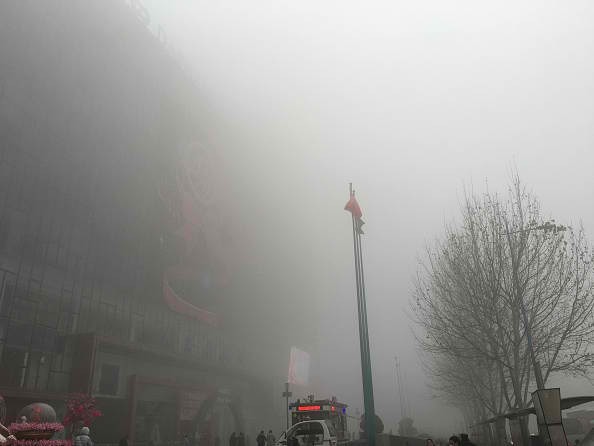China raised red alerts for a week due to severe smog at the start of the year. In Beijing, roads and airports were closed due to increased health risks.
Experts said that the pollution problem in China is not a simple problem and despite the closure of factories as the lessening of vehicle emissions, the level of particles in the atmosphere is still severe.
According to Chris Nielsen, executive director of the Harvard-China Project on Energy, Economy and Environment, and Mun Ho, the project's economist, there are more factors that come into the pollution issue.
They wrote, "Research by colleagues at Tsinghua University suggests a PM2.5-radiation feedback might be reinforcing these conditions; absorption of solar radiation by airborne haze effectively warms the atmosphere aloft and reduces warming of the surface, further reducing air movement and trapping pollutants."
These experts believe that despite the steps that are undertaken by the government, climate changes in North China is a major factor in the presence of smog.
"It is possible that climate change is playing a role in the persistent severity of episodic wintertime pollution events in North China," stated Nielsen.
Transportation in China is also to blame for the smog. Nielsen and Mun said that there are now more cars on the roads and the train system emits harmful chemicals into the air.
"There are 6 million vehicles in Beijing today spewing fumes while crawling along congested roads. The transit system is expanding, but it will take many years of innovative policy to get more people in the city and surrounding areas to leave their cars or switch to electric vehicles," they said.
Both experts noted that for China to lower pollution levels to normal is "decades away."



























